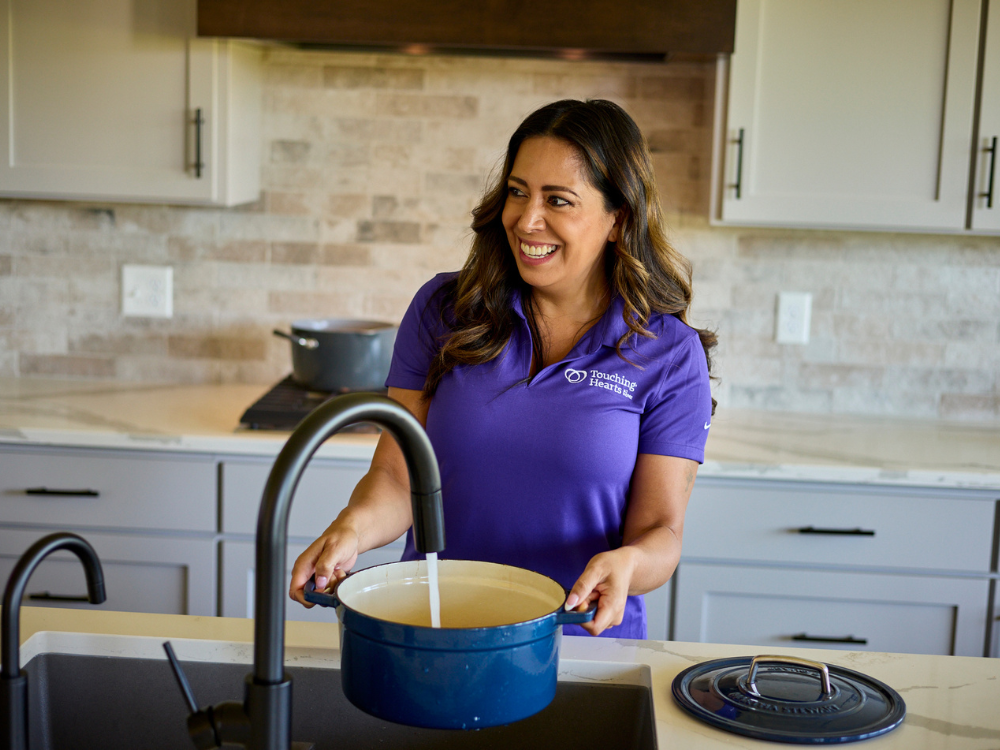Cancer fatigue: Why it occurs and how to cope
The exact causes of cancer fatigue and how best to treat it aren’t always clear. Find out what doctors know about cancer fatigue and what you can do about it.
Fatigue, usually described as feeling tired, weak or exhausted, affects most people during cancer treatment. Cancer fatigue can result from the side effects of treatment or the cancer itself.
Causes of cancer fatigue
Cancer fatigue may be caused by many factors, and the factors that contribute to your cancer fatigue may be completely different from those of someone you know. However, possible contributing factors include:
- Your cancer. Your cancer can cause changes to your body that can lead to fatigue. For instance, some cancers release proteins called cytokines, which are thought to cause fatigue. Other cancers can increase your body’s need for energy, weaken your muscles or alter your body’s hormones, all of which may contribute to fatigue.
- Cancer treatment. Chemotherapy, radiation therapy, surgery, bone marrow transplantation and biological therapy may all cause fatigue. You may experience fatigue when chemotherapy or radiation therapy destroys healthy cells in addition to the targeted cancer cells. Fatigue may occur as your body tries to repair the damage to healthy cells and tissue. Some treatment side effects — such as anemia, nausea, vomiting, pain, insomnia and changes in mood — also may cause fatigue.
- Anemia. You might develop anemia if your treatment destroys too many healthy red blood cells. You can also develop anemia if the cancer has spread to your bone marrow and interferes with blood cell production or causes you to lose blood.
- Pain. If you experience chronic pain, you may be less active, eat less, sleep less and become depressed, all of which may add to your fatigue.
- Emotions. Anxiety, stress or depression associated with your cancer diagnosis also may lead to fatigue.
- Lack of sleep. If you’re sleeping less at night or if your sleep is frequently interrupted, you may experience fatigue.
- Poor nutrition. In order to work efficiently, you need the energy that a healthy diet provides. When you have cancer, changes can occur in your need for and ability to process nutrients. These changes can lead to poor nutrition, resulting in fatigue. For example, you may need more nutrients than usual or you may not be able to process nutrients adequately. You may also take in fewer nutrients if your appetite wanes or if treatment side effects, such as nausea and vomiting, make it difficult to eat.
- Medications. Certain medications, such as pain relievers, can cause fatigue.
- Lack of exercise. If you’re used to being on the go, slowing down can make you feel fatigued. Though you will have good days and bad days, try to maintain your normal level of activity if you can.
- Hormonal changes. Many hormonal changes can occur during cancer treatment. Hormonal therapies may modify hormones as a way to treat cancer. Hormonal changes also may occur as side effects of treatments, such as surgery, radiation therapy or chemotherapy. Changes to the thyroid gland, adrenal glands, testes or ovaries can all cause fatigue.
Not everyone who has cancer experiences fatigue. And if you do, the level of cancer fatigue you experience can vary — you may feel a mild lack of energy, or you may feel completely wiped out. Your cancer fatigue may occur episodically and last just a short while, or it may last for several months after you complete treatment.
When to contact your doctor
Some fatigue during cancer treatment is to be expected. But if you find that cancer fatigue is persistent, lasting weeks, and interferes with your ability to go about your everyday tasks, tell your doctor.
Tell your doctor right away if you experience:
- Confusion
- Dizziness
- Loss of balance
- Inability to get out of bed for more than 24 hours
- Severe shortness of breath
- Worsening signs and symptoms
- Cancer-related fatigue. Fort Washington, Pa.: National Comprehensive Cancer Network. http://www.nccn.org/professionals/physician_gls/f_guidelines.asp. Accessed May 10, 2011.
- Fatigue (PDQ). National Cancer Institute. http://www.cancer.gov/cancertopics/pdq/supportivecare/fatigue/Patient/AllPages. Accessed May 10, 2011.



